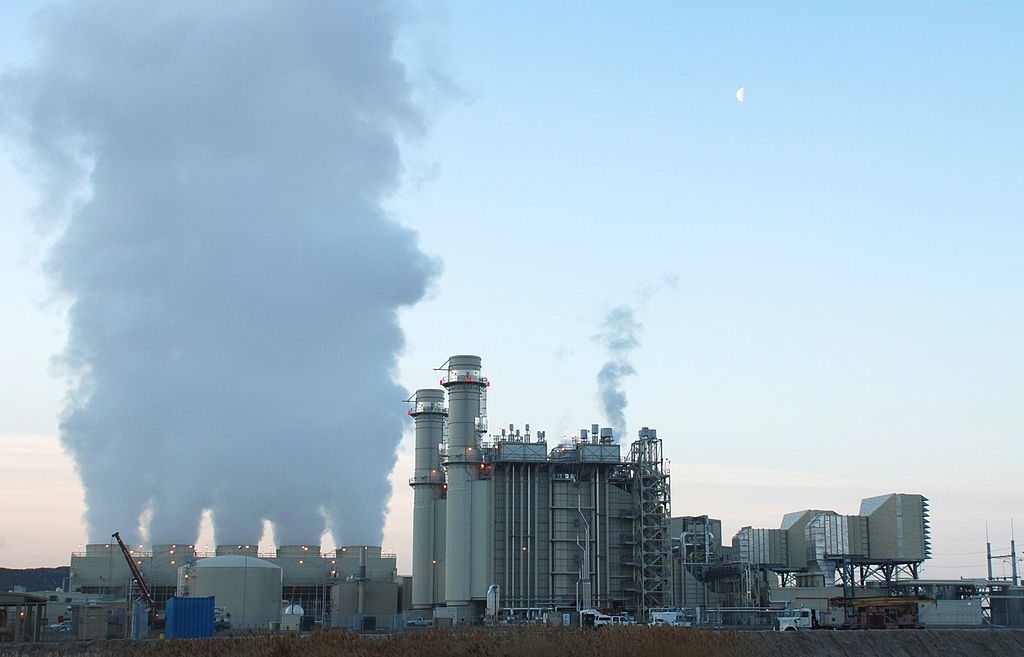Kristin
Why is it so hard to act on climate change? Maybe because humans are not good at acting to avoid a loss (faced with possible loss they freeze). But they are good at acting to gain something positive, which could be why campaigns to gain a clean energy future work better than campaigns to avoid climate change losses.
“In one study illustrating this tendency, participants viewed a series of pictures and had to act (press a button) or not act (not press a button) when a certain one appeared. In some games, the correct response would earn them a reward; in other games, the correct response would save them from a loss. Ultimately, participants performed better when they had to act to earn a reward and not act to avoid a loss, rather than vice versa. In other words, it’s counterintuitive to the brain to do something to avoid a negative outcome (or to not do something to gain a positive reward). That’s why getting family members to exercise isn’t as simple as citing the dangers of a sedentary lifestyle or subtly pointing out their weight gain.
What could you do instead? While negative emotions and images encourage inaction, research also suggests that positive ones tend to inspire people to act. So you might try raving about your fancy gym and its sauna rooms, or offering to do a fun fitness activity together.”
Twenty years ago, 15,000 Cherokee tribal members in North Carolina started receiving a share of the profits from the tribe’s new casino (a universal dividend similar to Alaska’s Permanent Fund). The money lifted families out of poverty and created a generation of children with better emotional health, and less drug and alcohol addiction, and stayed in school longer than they would have without the money. Those kids also have enough money saved up that they can go to college, an option that would otherwise have been completely out of reach for most. It should be uncontroversial that lifting people out of poverty helps them, but some people believe that giving out free money will cause people to stop working. Not true. The money did not change the amount that tribal members worked. But it did have cascading benefits beyond the individuals: the community as a whole had fewer kids in jail and fewer kids needing health interventions.
W.E.B DuBois made some amazing early data visualizations for the 1900 World’s Fair, detailing the African-American experience.
I just discovered this interactive graph showing the chances of a car driver killing a pedestrian based on how fast s/he is driving.
Eric
Spike Friedman got it right on what Richard Sherman means to Seattle sports.
Of the roughly seven million articles I’ve read recently on the sexual harassment scandals, I think the best one—also the scariest, the most challenging, the most sophisticated—is Rebecca Traister at The Cut. I’m not even going to try to excerpt it. Just read the whole thing.
John
Following up on our article on pesticides and salmon, an earlier weekend reading item noted an Associated Press exclusive reporting that lawyers for three pesticide companies asked the Trump administration to disregard the findings of federal agency scientists that organophosphate pesticides are harmful to about 1,800 threatened or endangered species. Well, this week the administration filed a request with a federal judge seeking a two-year delay of an upcoming deadline to determine whether that family of pesticides is harmful to endangered species. The reporter called this “the latest example of the Trump administration seeking to block or delay environmental rules at the behest of the industry.”
Democracy Now! has been covering the Conference of Parties (COP) 23 meeting on climate change, beginning with a pre-COP interview with Bill McKibben, author and co-founder of 350.org, and continuing during this week. Coverage in one segment included the Governors of Washington and Oregon, among others.
Aven
When Donald Trump announced his decision to withdraw the US from the Paris Climate Agreement, one of the excuses he made for doing so was that he represented “Pittsburgh, not Paris”. The mayor of Pittsburgh vehemently disagreed, and has been busy putting his money where his mouth is. With the help of innovative microgrid technology and engineers from the University of Pittsburgh, the city will soon be home to a flexible network of microgrids that will increase resiliency and support a diversity of renewable power sources. Other cities, including San Juan, Puerto Rico, are watching carefully.
On the other side of the globe, yet another large-scale solar plant just opened, but it’s probably not where you would expect it to be. Rather than powering homes and electric vehicles in one of the advanced, über-green northern European countries, or enormous factories in China, this plant is supplying energy to a Syrian refugee camp in Jordan. The camp is run by the UN High Commissioner for Refugees, which expects that the roughly 40,000 solar panels will save the agency $5.5 million dollars per annum—money that can then be re-invested in programs that directly aid the nearly 80,000 refugees currently sheltering in the camp. The $18 million dollar project was bankrolled by the German government.
Meanwhile, a group of researchers in Korea has figured out how to turn carbon dioxide from the air into natural gas, using a method very similar to artificial photosynthesis. Although the process needs improvements in speed and efficiency to be commercially viable, it requires nothing more extravagant than sunlight and common metals, which means it could be both easy and cheap to replicate. This is potentially an enormous win-win for the environment, since it could help remove CO2 from the atmosphere while also reducing or eliminating the need for fracking—which, it turns out, is probably much more dangerous to our health than we’ve been led to believe.
John Abbotts is a former Sightline research consultant who occasionally submits material for Weekend Reading and other posts.

